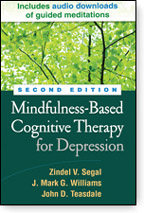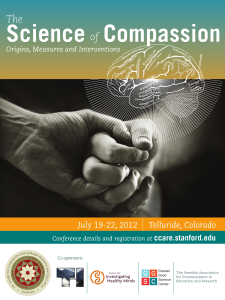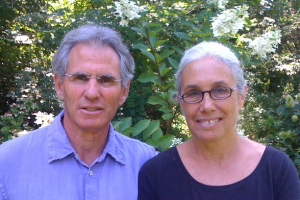Seizing the Moment and Supporting the Work: Giving Mindfulness to the Next Generation
Within the virtually exploding field of mindfulness, perhaps no facet is growing faster and spreading wider than that of teaching mindfulness to the youth of our society. Imagine the vast potential of transforming this generation of children into a future generation grounded in a practice that promotes stability and composure, wellness and healthy relationships, and enhanced cognitive function. This movement is on an unprecedented ascendant path within education, clinical practice and research.

 Few psychological interventions have engendered so much promise and delivered on that promise with such impressive clinical outcomes and research findings as Mindfulness-Based Cognitive Therapy (MBCT).
Few psychological interventions have engendered so much promise and delivered on that promise with such impressive clinical outcomes and research findings as Mindfulness-Based Cognitive Therapy (MBCT). Stanford Center for Compassion and Altruism Research and Education (CCARE) presents world experts on compassion, altruism & service The Science of Compassion: Origins, Measures & Interventions
Stanford Center for Compassion and Altruism Research and Education (CCARE) presents world experts on compassion, altruism & service The Science of Compassion: Origins, Measures & Interventions
